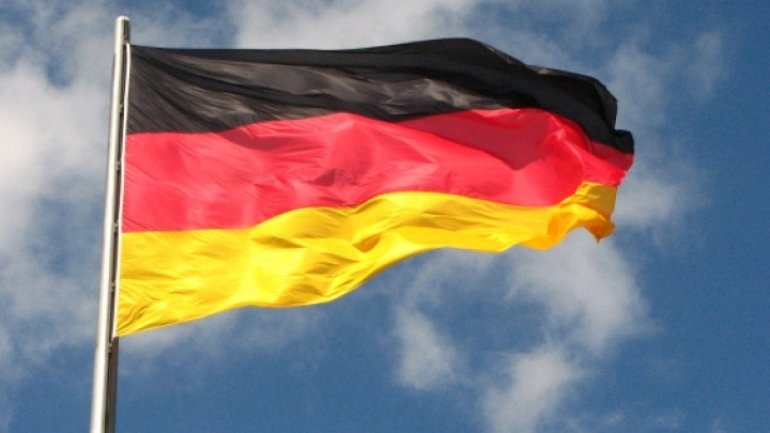German workers given chance to work 28-hour week for up to 2 years
 foto: khoisantea.com
foto: khoisantea.com
Germany's biggest industrial union and employers have reached a wage deal that gives workers the equivalent of 3.5 percent annual raises over 27 months and the chance to work a 28-hour week for up to two years.
Such wage gains could boost an already strong German economy by increasing consumer spending.
And if they spread to other sectors and countries, they could raise inflation across the 19-country eurozone from its current weak levels, something the European Central Bank has been trying to do for years.
The IG Metall union and employers in the southwestern Baden-Wuerttemberg state - home to automaker Daimler, Volkswagen's Porsche and auto parts firm Bosch - agreed on Tuesday on the regional deal, ending a dispute that had seen 24-hour strikes at targeted firms.
Regional agreements are typically applied across the whole country and some 3.9 million industrial workers.
The deal involves the possibility of more flexible working hours, a contentious issue in a strong economy with some firms running at full capacity and facing shortages of skilled workers in some areas.
Employees won the right to the shorter week while employers will be able to put more workers than before on longer 40-hour weeks.
The deal runs through March 2020.
The union said the shorter week would let workers better balance work and domestic life, especially for those caring for children and the old.
The contractual week is 35 hours in western Germany and 38 hours in the eastern regions.
Workers actually get a 4.3 percent raise on April 1 and from 2019 a mix of additional fixed payments that average out to 3.5 percent in annual raises over the 27 months of the deal, according to analysts at Commerzbank. The union originally asked for 6 percent.